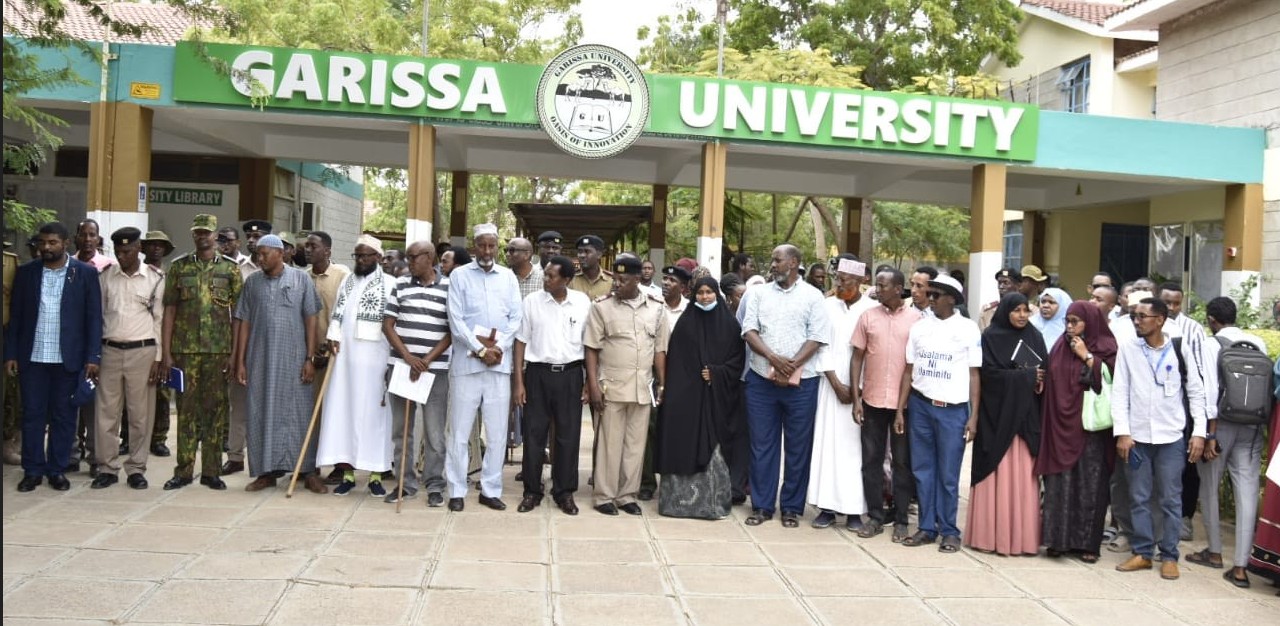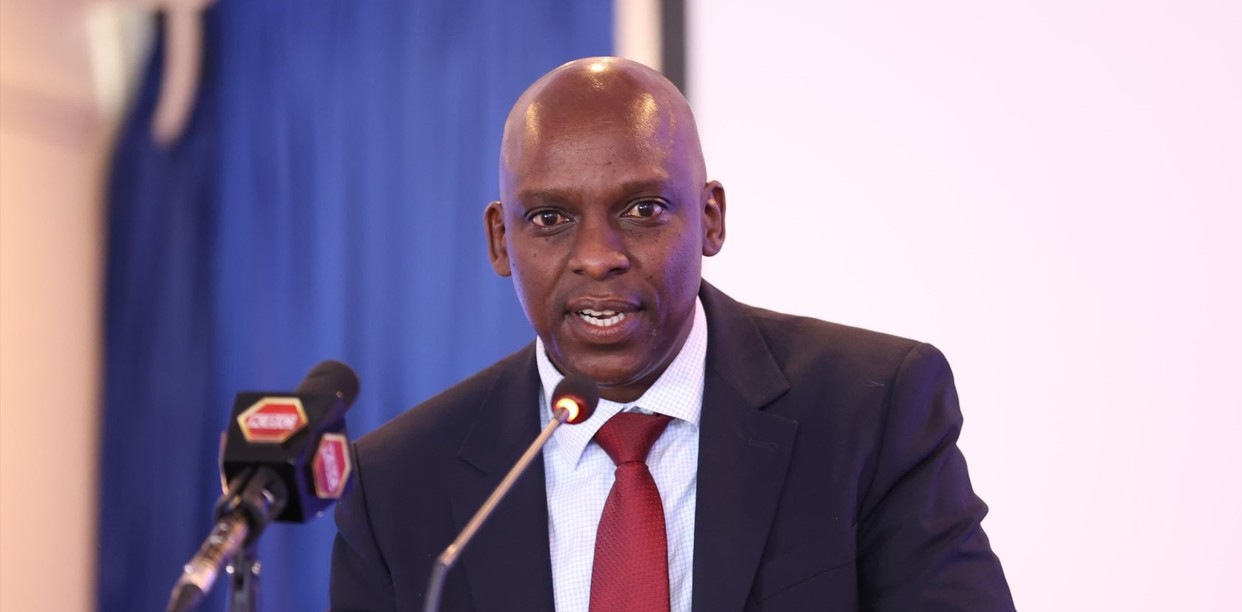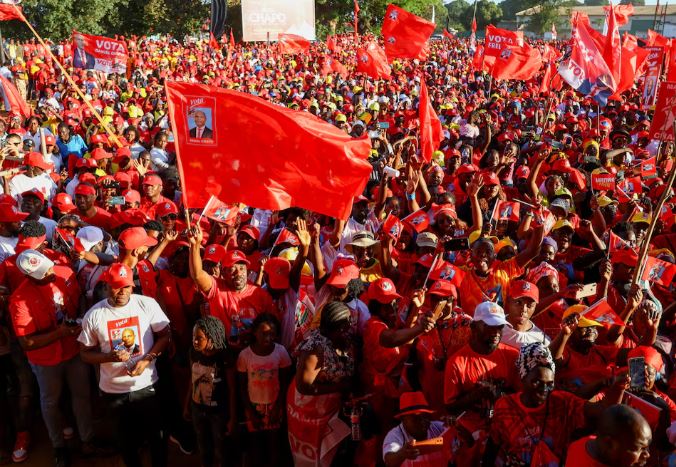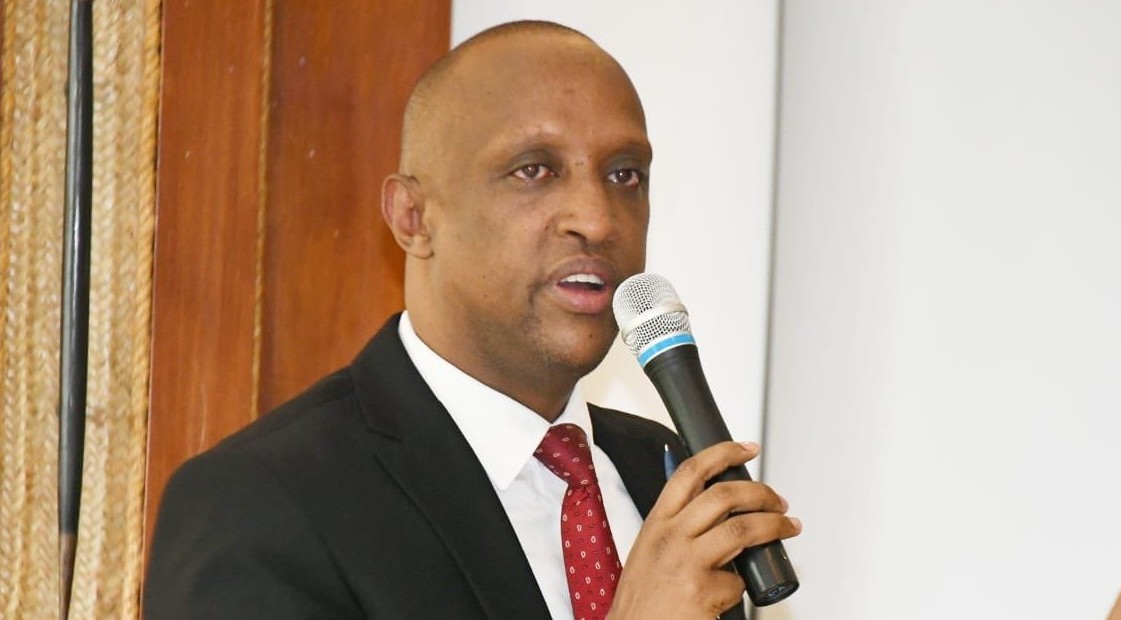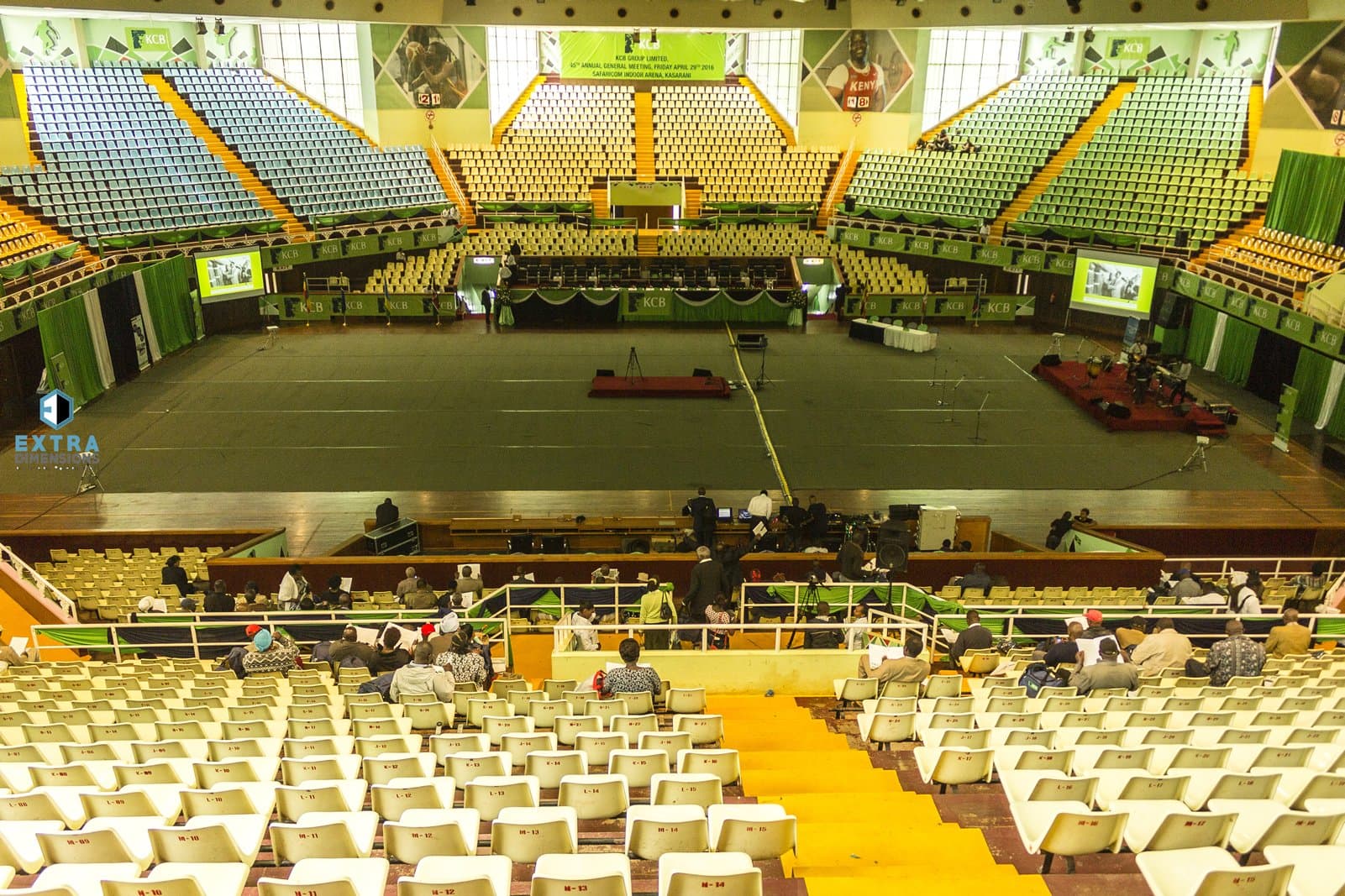National Assembly rejects Senate push to raise county allocation by Sh60 billion
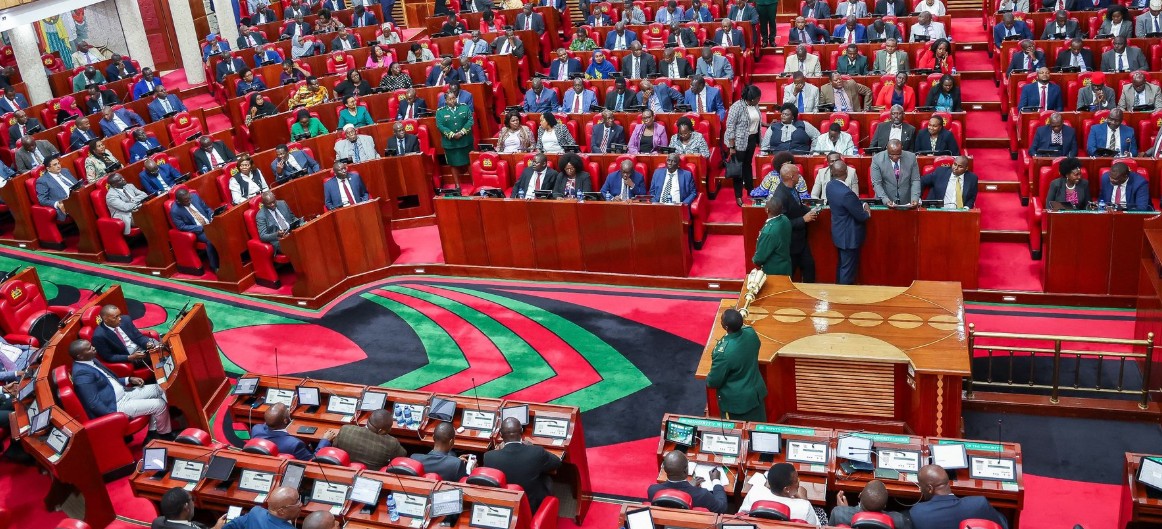
Majority Leader Kimani Ichung’wah urged members to reject the revised figures proposed by the Senate, citing fiscal limitations and a sharp deviation from what the National Assembly had initially approved.
The National Assembly has rejected a Senate proposal to raise counties’ equitable share of revenue from Sh405 billion to Sh465 billion in the 2025 Division of Revenue Bill.
During a session on Tuesday, Majority Leader Kimani Ichung’wah urged members to reject the revised figures proposed by the Senate, citing fiscal limitations and a sharp deviation from what the National Assembly had initially approved.
More To Read
- Senate pushes for easier recall of MPs, MCAs in major accountability drive
- Senate orders crackdown on governors, MCAs over use of public funds for self-promotion
- Kiambu MCAs approve Thika's elevation to city status, report heads to Senate
- National Assembly passes Finance Bill 2025, targets Sh24 billion in new revenue
- MPs, senators strike deal, agree on Sh415 billion revenue allocation to counties
- MPs reject Treasury's plan to scrap VAT relief on mobile phones, solar, animal feeds
This now pushes the legislation into a mediation process between the two Houses.
“This Division of Revenue Bill approved by the House had about Sh405 billion, and the Senate amended that to about Sh465 billion. That is an increase of roughly Sh60 billion above what was agreed. Bearing in mind the fiscal space that we have, it may not be practical to increase by Sh60 billion. Having considered that, we thought it’s only fair to reject these amendments by the Senate to allow for early mediation,” Ichung’wah said.
He further argued that early mediation would help break the deadlock and pave the way for the timely passage of the Bill, which is central to budget planning for the 2025/2026 financial year.
Bumula MP Jack Wamboka seconded the motion, terming the proposal unrealistic under the current economic climate.
“I beg to second, bearing in mind the fiscal space the country is operating in. It is only abnormal for anyone to think we should be increasing these monies upwards,” he told the House.
Counties’ equitable share
The Senate had sought to revise the revenue allocation schedule by raising the counties’ equitable share from Sh405 billion to Sh465.001 billion, an addition of Sh60 billion aimed at boosting service delivery at the devolved level.
With the rejection by the National Assembly, the Bill will now be referred to a mediation committee under Article 113 of the Constitution.
The committee, composed of members from both the Senate and the National Assembly, is expected to develop a unified version of the Bill to avoid disruptions to the national budget cycle.
The Senate had argued that counties are under financial strain, citing delayed disbursements, rising costs, and ballooning wage bills. Senators voted to raise the allocation to Sh465.001 billion to support devolved functions, which they say are struggling.
Senate Chief Whip Boni Khalwale supported the higher allocation, insisting on equitable development across all regions.
“We are tired of seeing one region 100 years ahead of another simply because no one from that region has become President or Prime Minister,” he said.
Develop at the same pace
Khalwale added that every sub-county and county must develop at the same pace, calling on President William Ruto’s administration to ensure fair distribution.
The Senate’s Finance and Budget Committee Vice Chairperson Tabitha Mutinda further defended the proposed increase, citing mandatory non-discretionary expenses imposed on counties by the national government.
These include Sh4.1 billion for the Housing Levy, Sh6 billion for NSSF contributions, and over Sh11 billion for County Aggregated Industrial Parks and community health promoter payments. Additional obligations include wage increments and doctors’ salary adjustments.
However, Senate Majority Leader Aaron Cheruiyot raised concerns over counties’ spending patterns, noting that 34 out of 47 devolved units use over half their equitable share on recurrent expenditure.
“It makes no sense to fight for Sh400 billion or Sh450 billion for counties when 90 per cent of that money is misappropriated,” he said.
Top Stories Today
